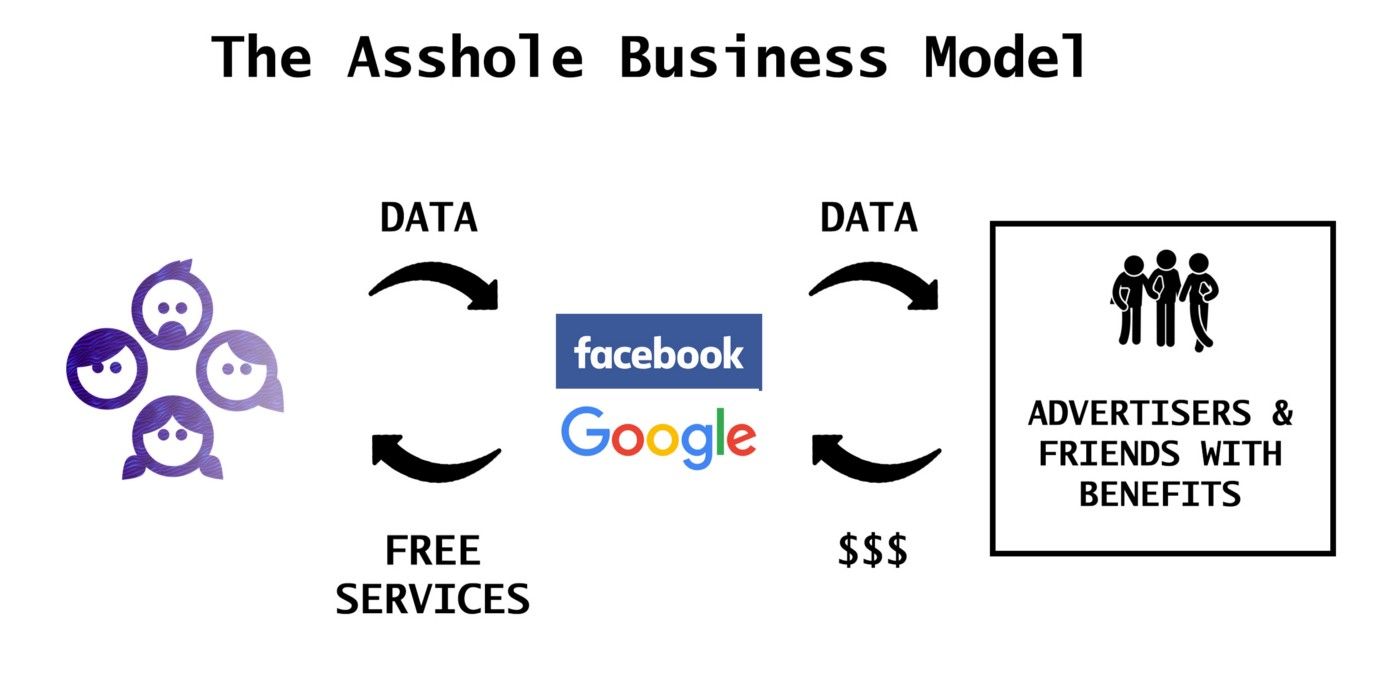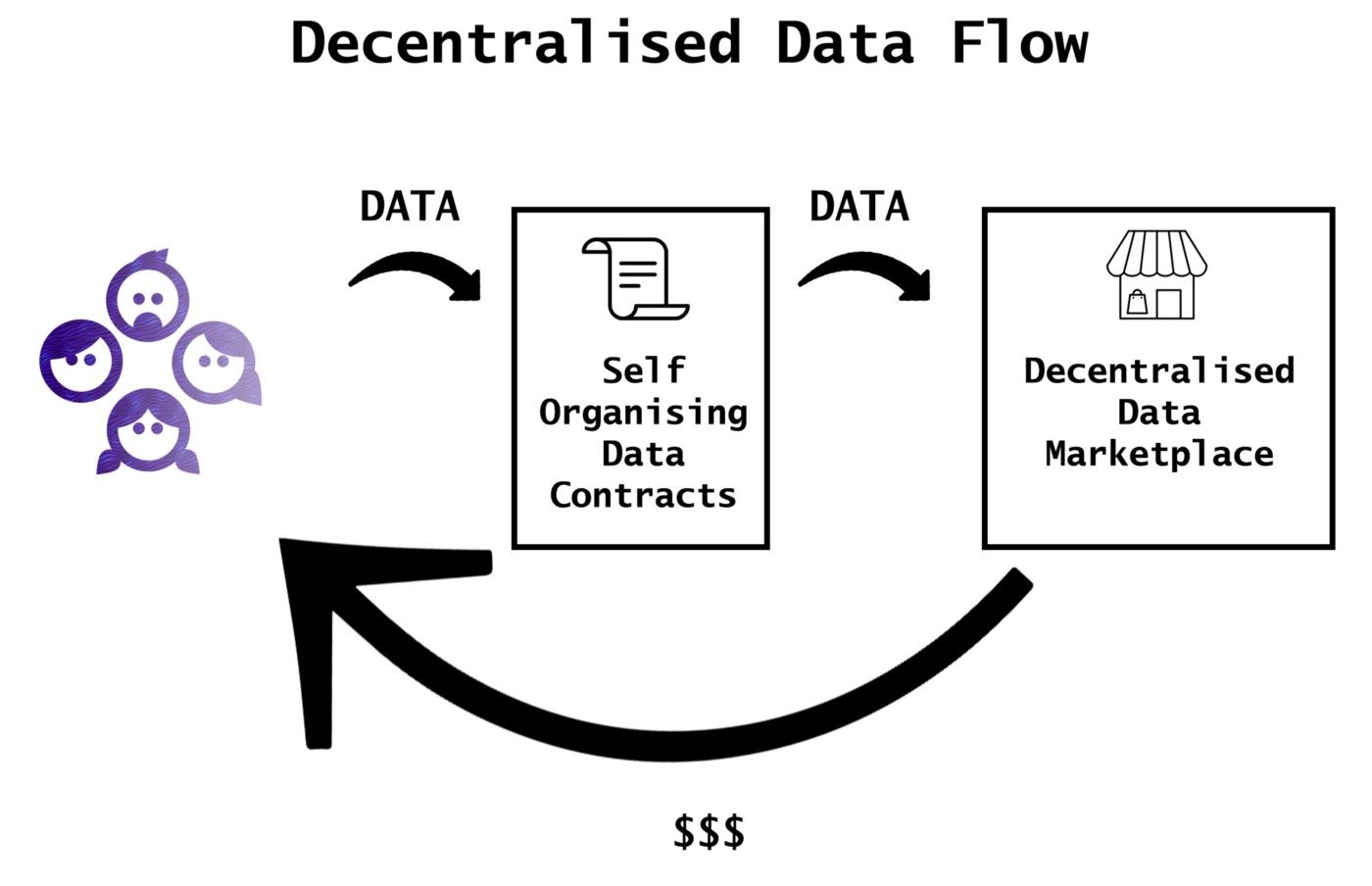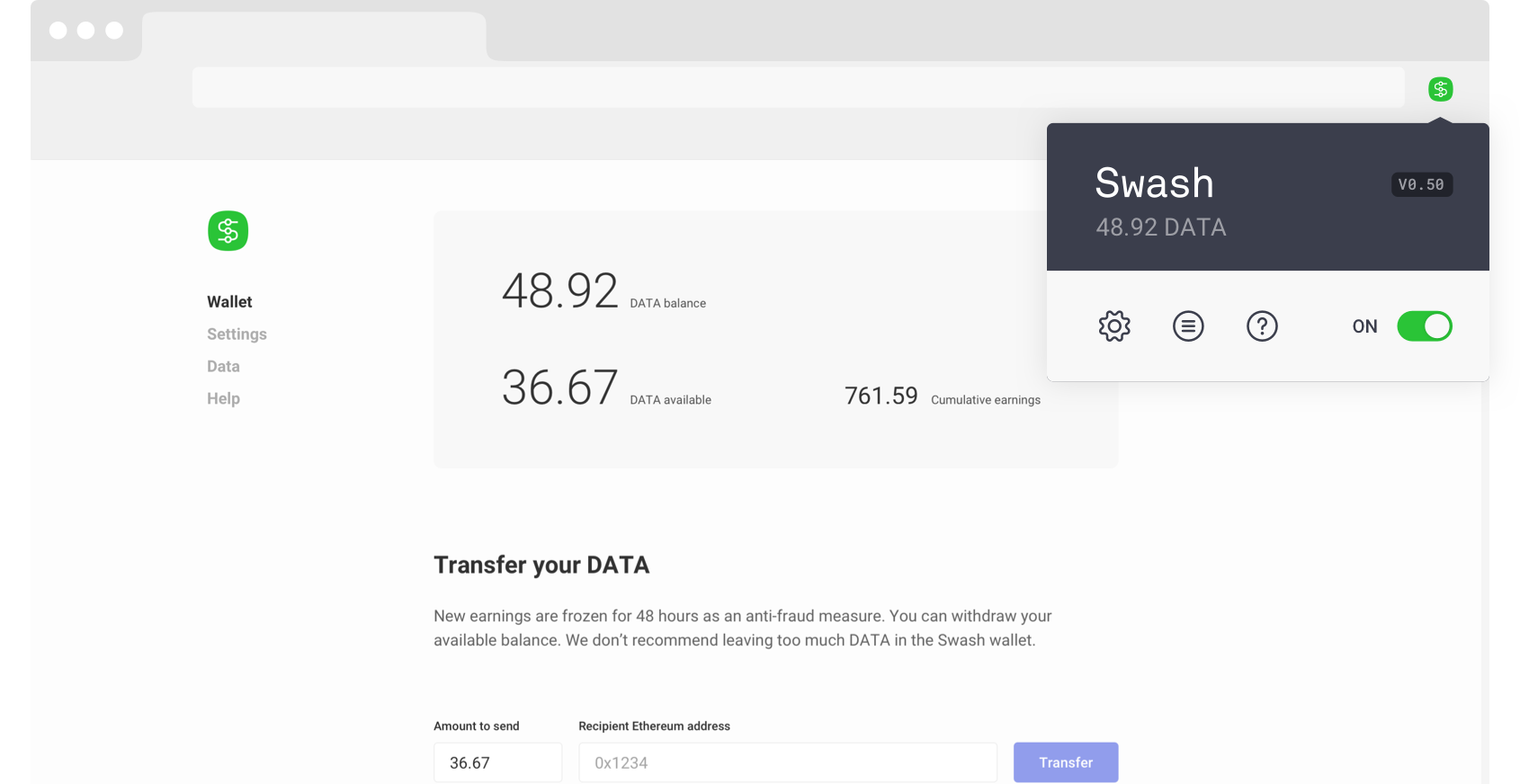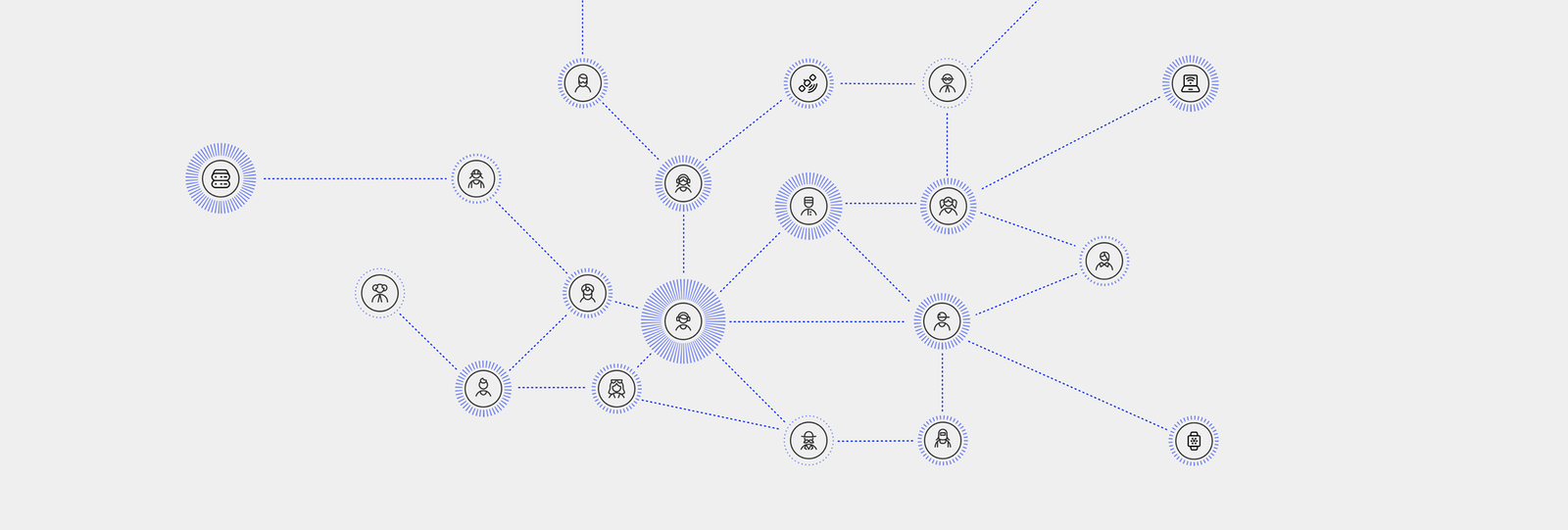Your next Smart TV purchase will know how to spy on you and has buyers for your data. You bought a product from the store but as soon as you switch it on, and for its lifetime, you are the product. If you feel a little queasy, please read on. (It gets worse).
While data monetisation is not entirely new, it still feels weird to talk about. I’m used to the concept of owning the things that I buy, but I don’t seem to have ownership of the data generated from the things that I’ve bought. To add to the murkiness, I’m not sure what data I’m giving away, why I’m giving it away, and to whom I’m giving it to. And yes, I admit, I agreed to it all.
Monetisation of consumer data has been in plain sight for years. From the websites that offer us free content while they track us, to our supermarket rewards programs. It’s why Facebook is free and always will be.
The dark side to this tropical oasis of free services is the mostly unregulated and unfair harvesting of our data for purposes unbeknown to us. Have you ever received a refund from a company that made too much money from your data? Probably not! These data parasites have burrowed into our lives and we’re going to have a hard time getting rid of them.

Table of Contents
How did we get here?
The data that you generate by interacting with the world around you has value to the right buyer. Your location, your heart rate, how fast you drive and everything in between is valuable to advertisers, insurance companies and probably your crazy ex.
Tech companies especially have become exceptionally good at extracting value from that data by applying machine learning and AI algorithms to it. Like water to wine, data turns into understanding, insight for profit, and competitive advantage. It’s the recent activation of this value chain that makes data such a hot topic today.
Like water to wine, data turns into understanding, insight for profit, and competitive advantage.
Power from the people
Sophisticated algorithms that have been trained on huge amounts of personal data have superpowers that can predict and influence our future behaviour.
They can predict things about you, like if you’re pregnant, or when you’d be most vulnerable to a particular type of advertisement. Perhaps your data trail reveals your marriage is on the rocks — your partner might start getting advertisements for divorce lawyers and dating services. Is that fair play or is our free will under attack?
Foursquare used your location data to predict how many iPhones would be sold on launch weekend with a striking degree of accuracy, even before the official numbers were released to investors. They figured out that the foot traffic of their users queuing outside Apple stores would correlate with how many phones would be sold.

So your data is valuable but your wallet is empty… This is because you are dealing with the Asshole Business Model (ABM). Today, the only way to ‘profit’ from your data is by consuming discounted services and products. This happens to be the wildly successful business model of the greatest technology companies of our generation, and it’s spreading like wildfire.
Disrupting the Asshole Business Model
Open source projects such as Brave and Streamr are attempting to reverse the ABM through fundamental decentralisation. Brave is shaking the box at the browser level — making it much harder for companies to turn a profit by tracking you. Streamr is building decentralised data highways for your data to safely flow through as well as ways for your data to self organise and be sold autonomously without middlemen.

There is an important point to make about how data is generally utilised: the value of your individual data is quite different to the value of everyone’s combined data. I can run simulations on large datasets — I can’t do that with a single data point. This is why your data needs a way of self organising into larger datasets — so that it can claim its true market value from fairly contributing to the larger, more valuable data pool.
If you’re skeptical as to why something like this hasn’t been built already it’s because much of our existing tech stack needs to be rebuilt from the ground up. Fundamental decentralisation is largely an unsolved problem on many levels.
Tying this back to your smart (spy) TV purchase, when the technology is ready, you’ll be able to purchase a TV that sends you micropayments from the data you choose to sell. Your TV watching habits would be anonymised and self organised with others’ data. It would be sold on a decentralised marketplace and the data would flow with end-to-end encryption from seller to buyer.
Why should you care about your data?
Besides getting a micropayment or not, your data is going to play a huge role in your digital life as we enter the ‘Internet of Things’ era. Your shoes will be conversing with your doctor and your washing machine will be negotiating with your neighbour’s solar panels. In other words, there is going to be an enormous amount of data chatter happening for and about you. You best be engaged in the discussion or someone/something else is going to be making the decisions for you. They might not have your best interests at heart.
There is going to be an enormous amount of data chatter happening for and about you so you best be engaged or someone/something else is going to be making the decisions for you.
What comes next?
Data will transform our lives in unimaginably wonderful ways but there is a battle to be fought first that will decide how much of the value goes to individuals versus how much will be siloed in Silicon Valley. Ignorance is bliss but wealth inequality is at an all time high today — protecting out data rights would take us a huge step forward towards a fairer distribution of wealth.
For now, think twice about your growing data footprint and give the middle finger to services that request your data and offer nothing back. Make no mistake, a data revolution is brewing. A revolution that gives individuals control of their data and puts an end to freeloading corporate consumption of your personal data for selfish gain.











